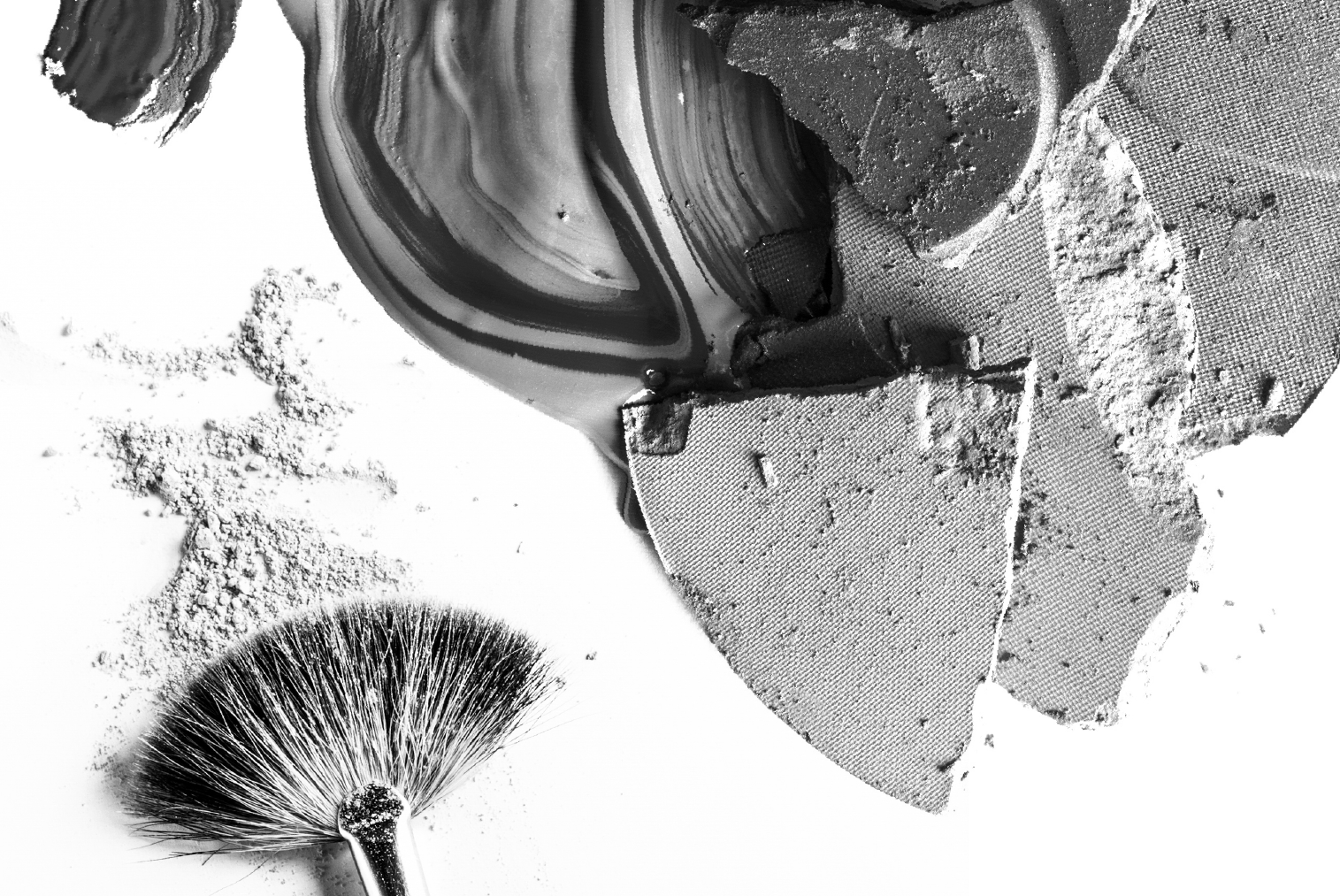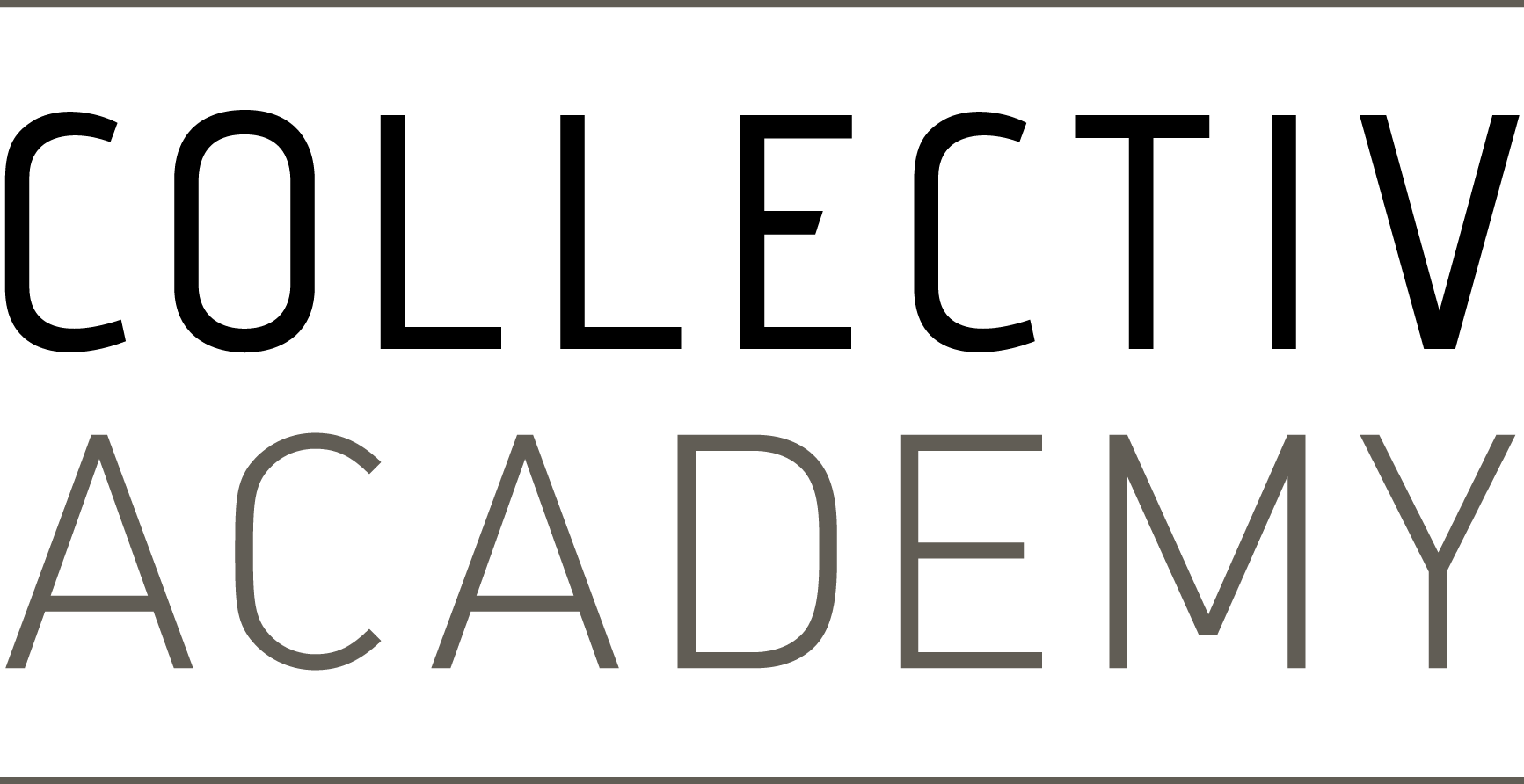August 6, 2019
What You Don’t Know About Cleaning Your Brushes


Maybe you don’t like thinking about cleaning your brushes because deep down inside, you know it’s been over a month since they got a good scrub. Or are you the type of person who has a weekly brush cleaning ritual marked on the calendar? Whether you’re team clean brushes or team pretend-they’re-clean brushes, these brush cleaning facts could improve the quality of your life.
Getting Liquid Foundation Out of Bristles
If you wear liquid foundation, then you know that your foundation brush is the hardest to clean. They’re also the type of brushes most likely to hold onto bacteria that can cause acne or worse. Foundation brushes often have dense bristles, and many types of liquid foundations are oil-based. What type of soap is formulated to fight oil? Dish soap!
Your DIY Brush-Cleaning Solution
- A small bowl of lukewarm water
- 2 drops of dish soap
Don’t leave your brushes to soak, but swirling in this solution and massaging the suds on your palm can work wonders. Just make sure you’re only using this trick with synthetic-hair brushes: dish soap is unnecessary and too strong for natural-hair brushes.
Cleaning Delicate Brushes
Do you have a brush so fluffy you’re afraid to get it wet? Babying your soft, natural-hair brushes is a good idea, but they do still need to get cleaned. Try these 3 methods for a perfect gentle cleaning:
- Swirl your brush on a dry mesh sponge to get rid of excess powder or eyeshadow. You can buy one or make your own! (After each use)
- Spray a liquid brush cleaner onto a paper towel and swirl your brush in it. This method both removes excess product and kills germs. (Once a week)
- Use baby shampoo and lukewarm water to hand wash each brush. Gently shape the bristles and lie flat to dry. (Once a month)
When to Wash Each Brush?
If you are planning to clean an entire collection with 15+ brushes all at once, it’s easy to get overwhelmed and put it off. Also, you’re probably over-washing some brushes and going too long without washing others. Set aside a few minutes once a week to turn on your fav YouTube beauty guru and clean those brushes! Your skin will thank you.
Every Week: Brushes used with liquid, oil-based products
Remember our dish soap trick? Those foundation and concealer brushes will need to be washed the most often. If you use a cream blush, bronzer, or highlight, toss those brushes in too. If they’re not dirty enough for dish soap, use a regular shampoo.
Every Other Week: Other face brushes
This includes setting powder, powder foundation, contour and highlight, and any other face brush you don’t use with an oil-based product. It’s important to keep these clean because they absorb excess oil from your foundation and your skin. As the oils build up in the brush you won’t get as smooth of a powder application and your skin may become irritated.
Every Month: Powder eyeshadow brushes
Even if you’re using a mesh sponge and a brush cleaner, your delicate eye brushes still need to be shampooed every so often. If you don’t use a germ-killing brush cleaner between washings, shampoo your eye brushes twice a month. Washing is the most thorough way to clean brushes, and you don’t want to take any risks with dirty brushes around the delicate eye area.
Helpful Brush Cleaning Supplies
You don’t need to go out and buy a ton of supplies to get your brushes cleaned. Many of these are household items! The others can be found at beauty stores or online.
- Baby shampoo: Borrow it from a baby or find it in the baby section of most stores.
- Brush shampoo: You can buy shampoo specifically for brushes, or use any gentle shampoo on your brushes. If it’s good enough for your hair, it’s good enough for your bristles.
- Dish soap: Hopefully you already have some of this in your kitchen!
- A mesh sponge: You can find one in the kitchen department or buy one made specifically for makeup brushes.
- Brush cleaner: This is an alcohol-based liquid you can find at most beauty stores.
Anatomy of the Brush
Bristles – the fluffy part
Ferrule – the metal ring
Handle – usually made of wood or plastic
Each part of the brush has an important role to play, but you might be less familiar with the ferrule: no, that little metal part is not just for decoration. It connects the bristles to the handle. If water, especially hot water, gets inside the ferrule, the glue will loosen and bristles start to shed. That’s why you don’t want to submerge brushes or leave them to soak in water.
Drying Your Brushes
To keep water out of your brushes’ ferrules, don’t let them dry upright. Instead, shape the bristles into place and lie them flat on a towel to dry overnight. It’s a good idea to wait until your brushes are completely dry before using them as they are more prone to shedding while wet. And no, speeding up the process with a blow dryer is not a great idea. The heat will damage the brush. The bristles will be more likely to shed, rougher to the touch, and not shaped correctly.
Makeup Brush Storage
If you only have a small collection of brushes you use every day, organizing them is pretty simple. You can sort them by eye and face into jars on your countertop or vanity. If you’re someone with tons of brushes, don’t try and cram them all into a few jars as this can damage the brushes. Instead, store the brushes you use less frequently in a drawer. They will be protected from dust and out of the way.
If a brush happens to get dusty, you can use an alcohol-based brush cleaner on a paper towel to disinfect and remove dust.
Learn Sanitation Like a Pro
Licensed cosmetologists learn all about proper sanitation in their beauty school courses. If you can’t get enough of beauty and want to learn more, you should think about beauty school! We’d love to get in touch and answer your beauty school questions.
